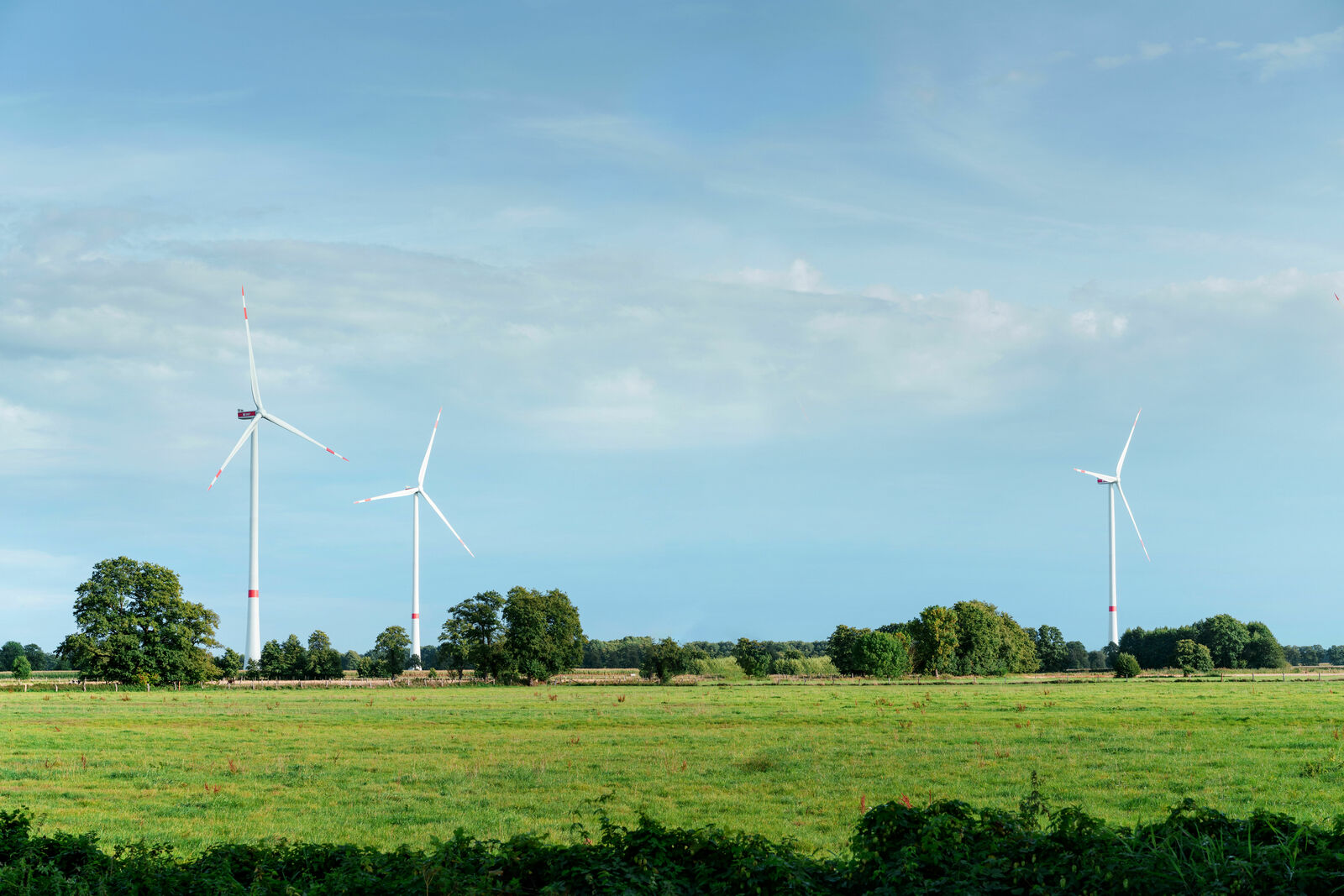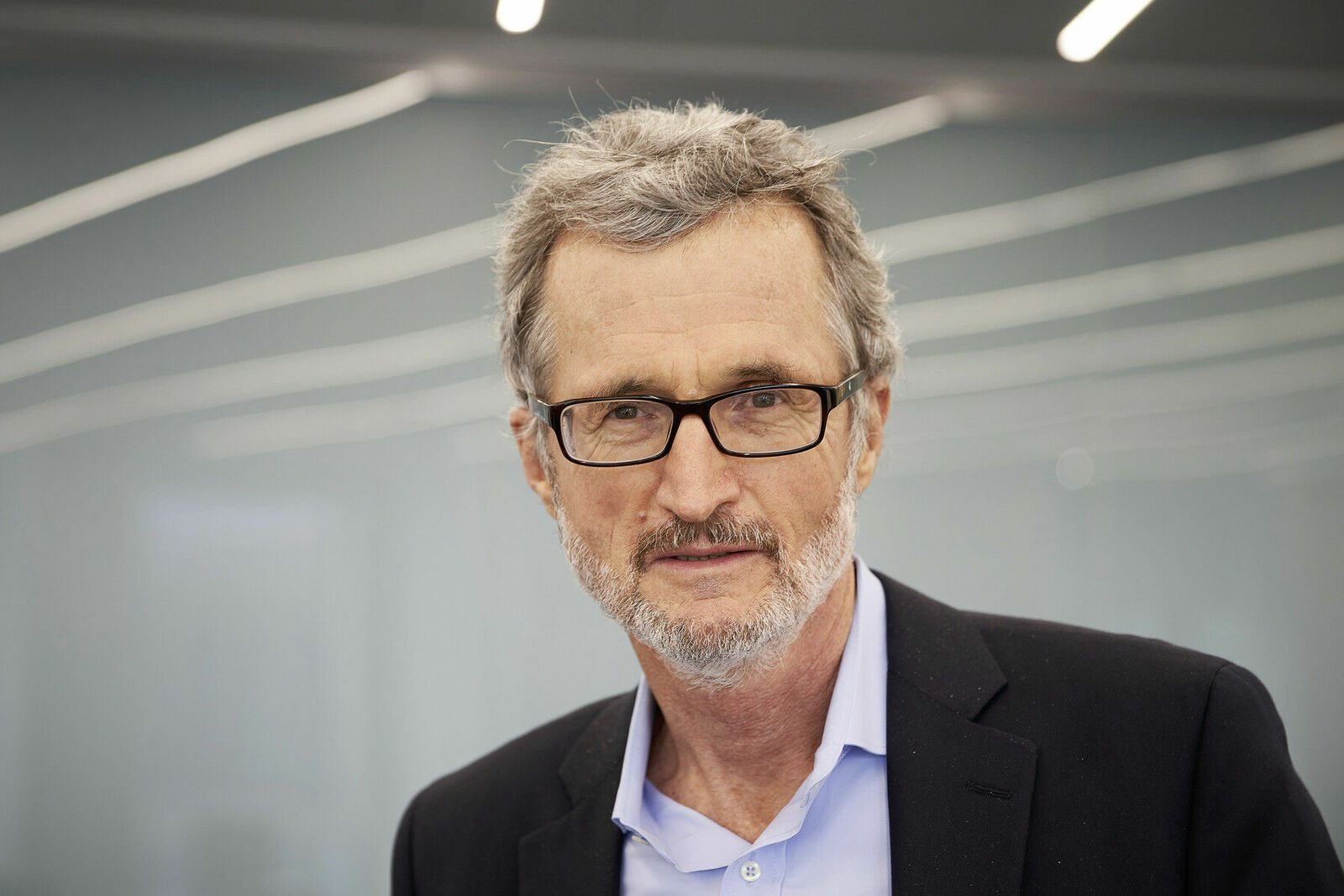The Sustainability Council with its international experts from business, politics, science and civil society was appointed for the first time in 2016 to support the Group on strategic sustainability and social responsibility topics. End of 2022, the former Sustainability Council’s second term came to an end.
“Climate change is one of the great challenges of our time. That is why we are continuously driving forward the transformation of the Volkswagen Group and taking a holistic approach to the issue of sustainability: economically, ecologically and socially,” explains Volkswagen Group CEO Oliver Blume. "As part of our 10-point program, we are setting ourselves ambitious ESG goals across our brands and business areas," he emphasizes.
In the future the company will continue to be supported by an independent body. Realigned in terms of personnel and strategy, the future Sustainability Council will support the implementation of the sustainability strategy and the ESG goals in the Group.
"We can see that sustainability is now firmly anchored as a strategic goal in the Volkswagen Group," notes Georg Kell, founding director of the United Nations Global Compact and spokesman for the previous Sustainability Council.







